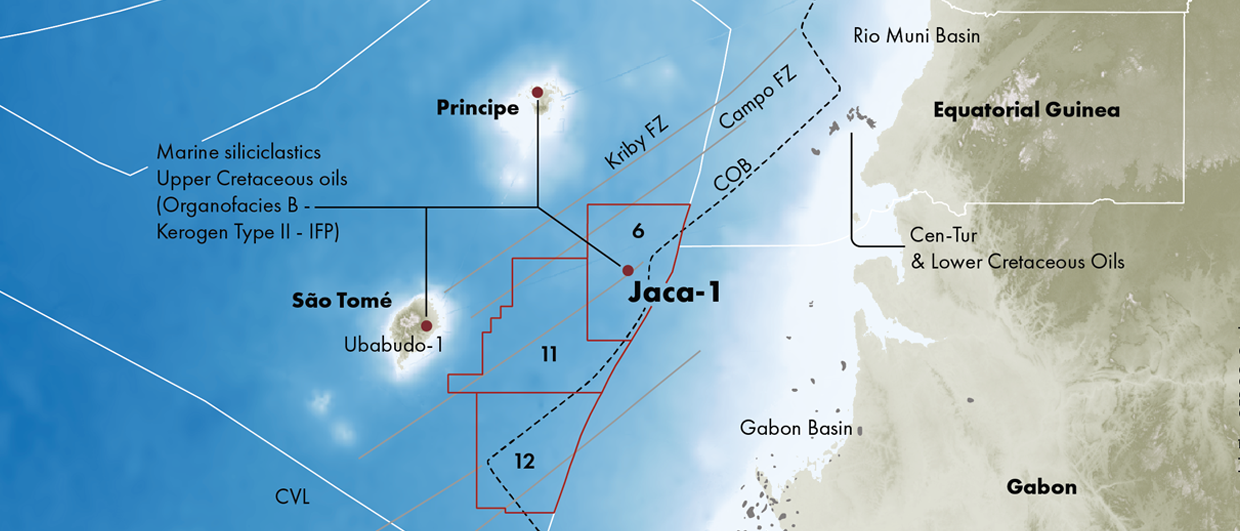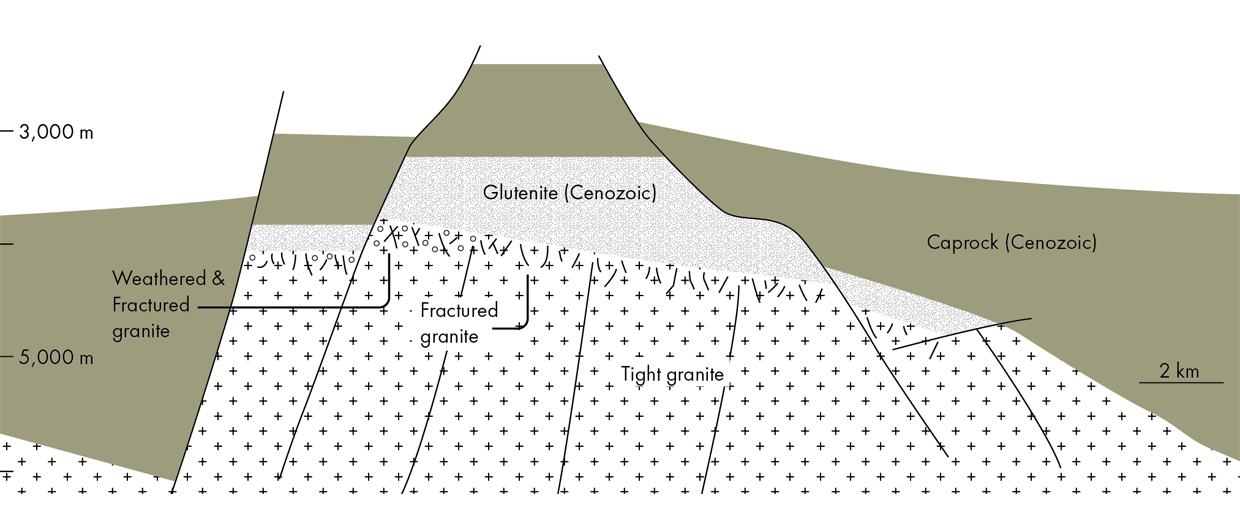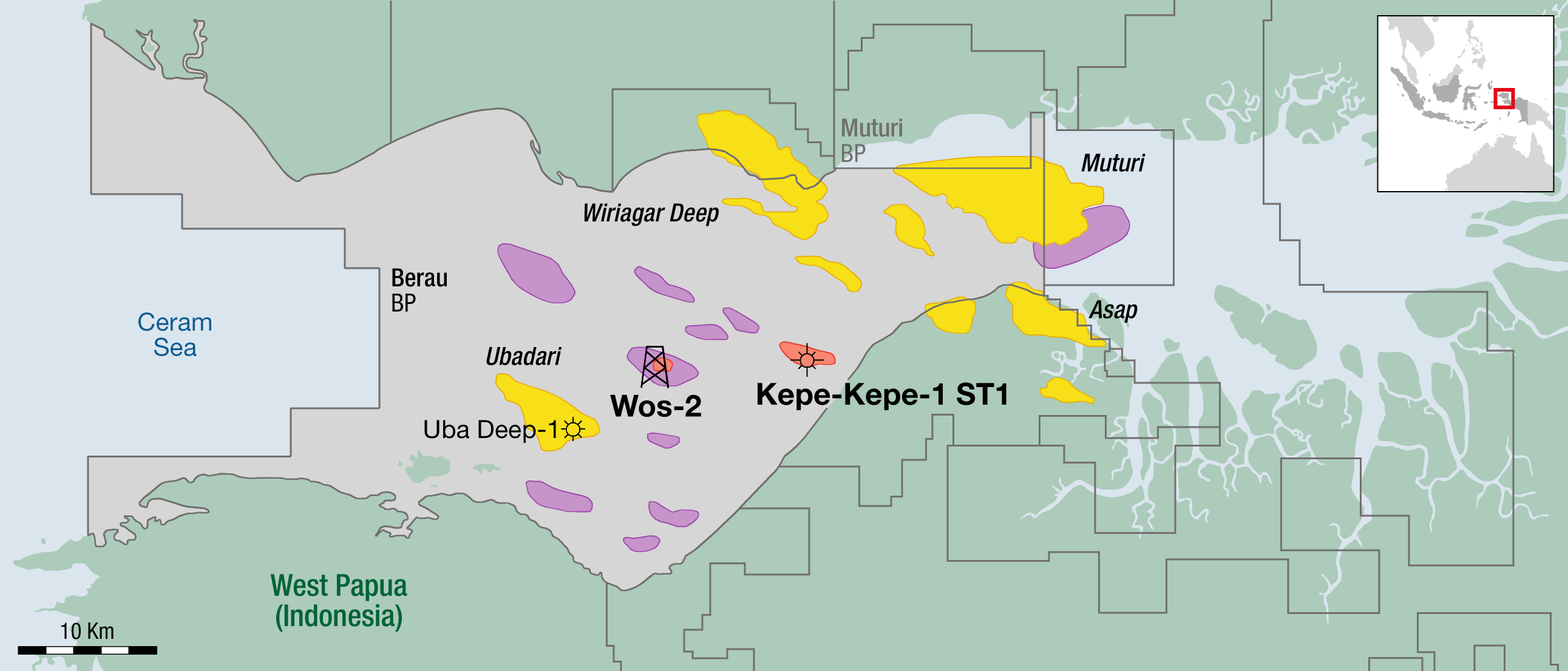The Zagros Mountains stretch for 1,500 km from south-east Iran through Iraq and into southern Turkey. They have long been known as a prolific oil- and gas-bearing region. The first exploration well in the Middle East was drilled in 1901, in what is now Iraqi Kurdistan; and records of the local exploitation of oil seeps go back to ancient times.
However, it is only the past decade that has seen the start of modern exploration in Iraqi Kurdistan. Since 2005 a large amount of geological and geophysical data has been collected and studied, greatly increasing our geological knowledge, and according to Wood Mackenzie an estimated 8 Bboe recoverable oil and gas have been discovered in the region in the last seven years. Kurdistan is an autonomous Iraqi region providing a stable business environment, and it is therefore becoming an increasingly attractive investment destination for the international oil industry.
This conference will provide a forum where experience from the mature petroleum province of the Iranian Zagros and knowledge from the exciting early days of Kurdish exploration can be combined with new understanding to address the future challenges of exploration in this fascinating and challenging region.
A full three-day programme will bring together industry, academics and local experts to discuss this recent data in the wider context of the Zagros Mountains, but with a particular emphasis on understanding the geology of Iraqi Kurdistan. Keynote speakers will cover all aspects of the geological evolution and hydrocarbon resources of the region, including stratigraphy, reservoir geology, diagenesis, geophysics and structural geology.
The conference, which is being held in London from 23 to 25 January 2013, is being organised by the Petroleum Group of the Geological Society. Further details, including registration forms, are on the Geological Society website http://www.geolsoc.org.uk/zagros13.
To read more about the geology of the Zagros region, see GEO ExPro Vol. 9, No. 1.





